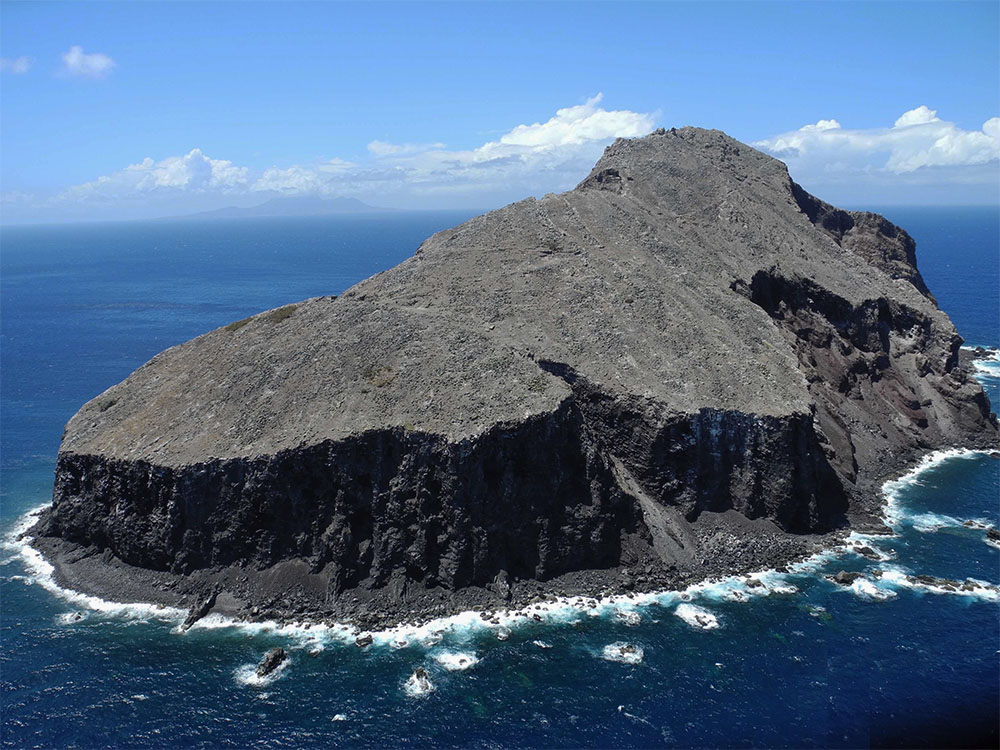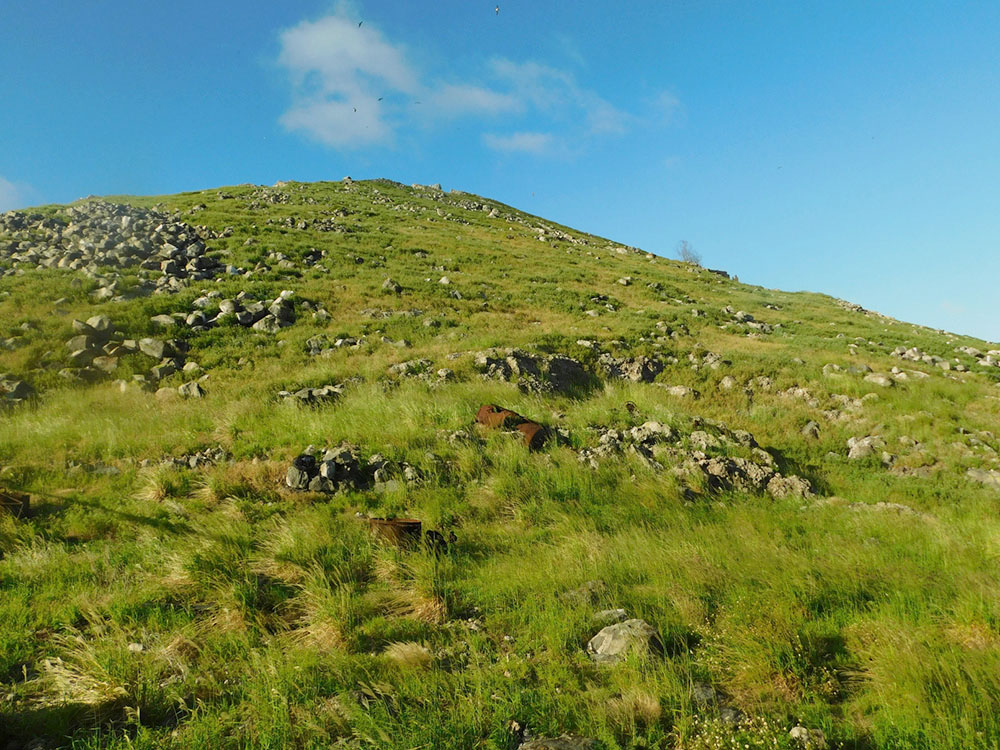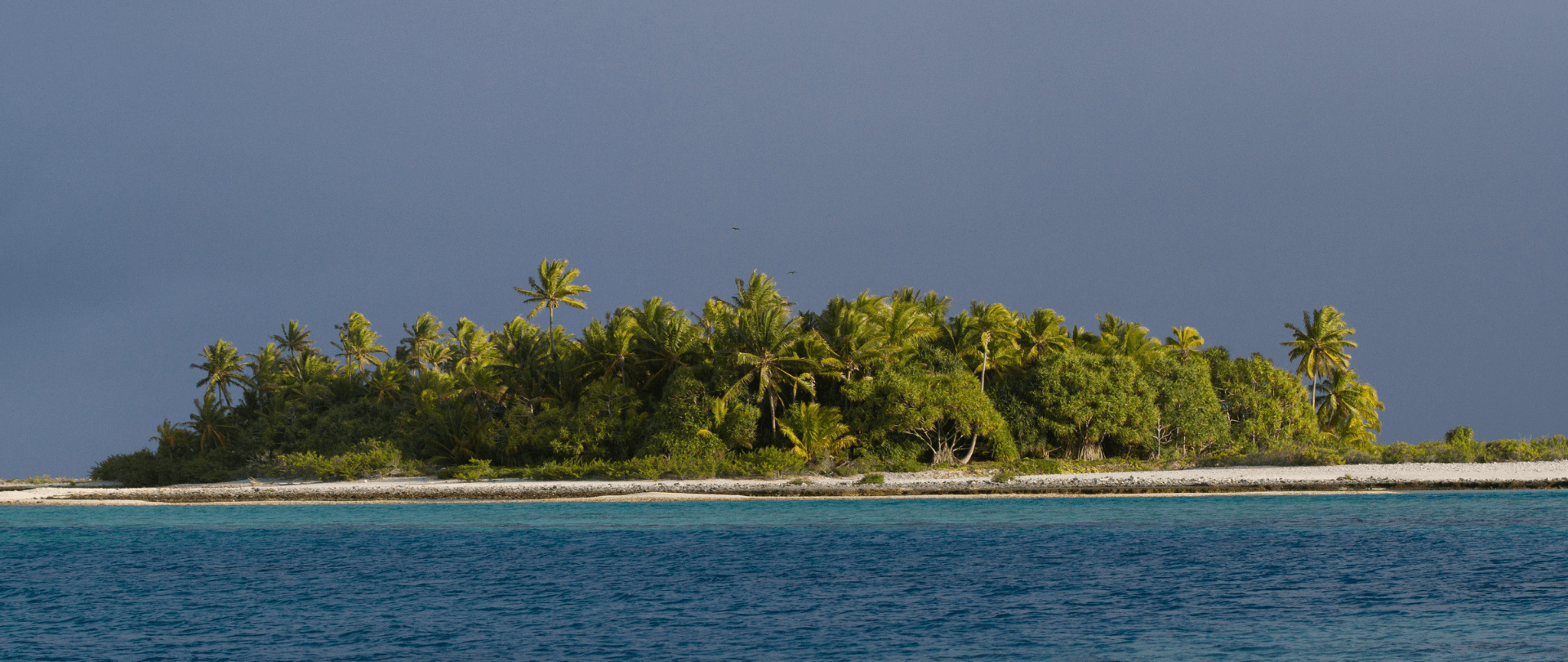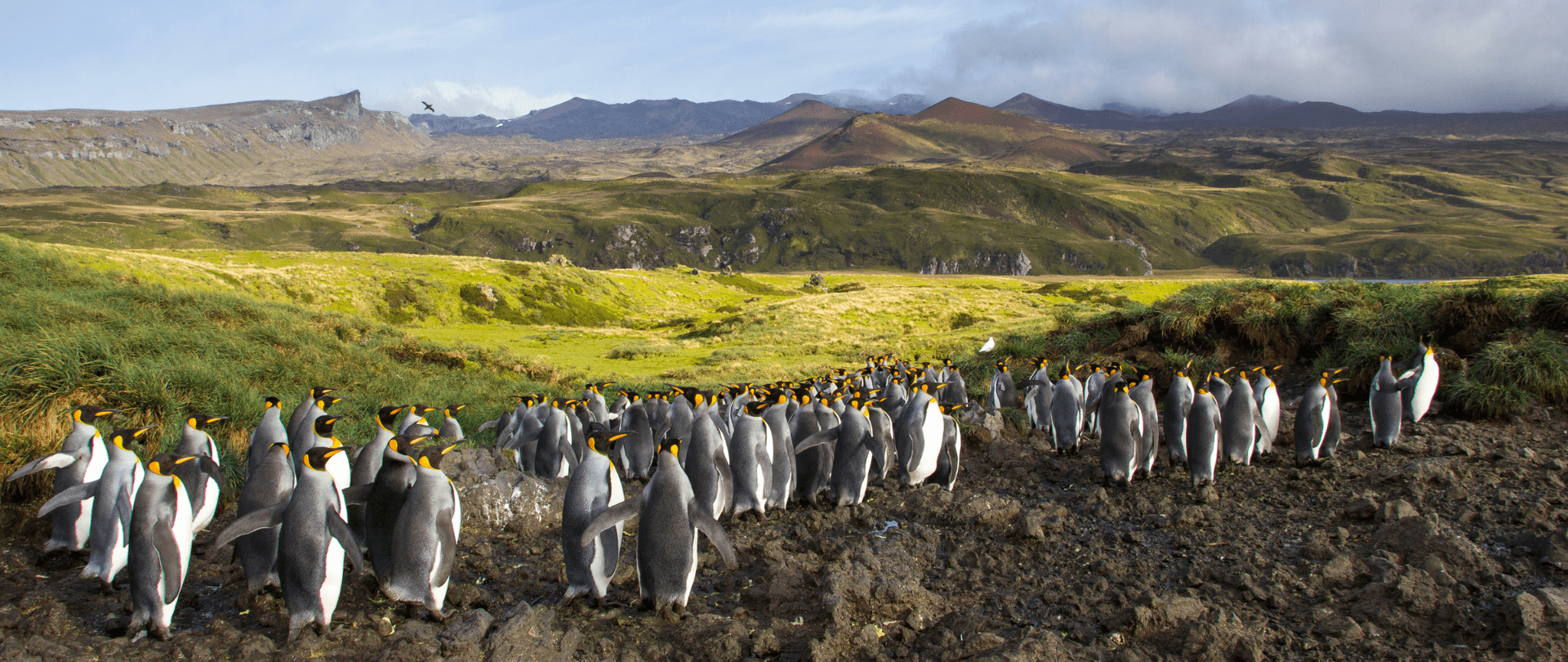The Ebiil Society: Champions of Palau
Ann Singeo, founder of our partner organization the Ebiil Society, shares her vision for a thriving Palau and a flourishing world of indigenous science!
Our new online shop is live!
Published on
January 17, 2020
Written by
isabelle
Photo credit
isabelle

Dozens of invasive goats and over 6,000 invasive rats engendered the loss of countless endemic lizard species, as well as fragile seabird species on the remote island of Redonda. Efforts to re-wild the island by removing invasive species further proved that without such a threat native island flora and fauna will flourish. Conservationists were able to transform the landscape from a barren, desolate rock to a thriving ecosystem.
Belonging to Antigua, Redonda sits just 30 miles from its parent island, but has remained uninhabited for decades. Comprised of volcanic rock the island acts as habitat for globally important seabird species, multiple species of endemic lizards, as well as species that have yet to be identified and named. During the 19th and early 20th century humans inhabited the island mining guano and phosphate to be used as fertilizer. During World War I the island was abandoned, but the goats and rat that humans had introduced remained, wreaking havoc on the island’s ecosystem.

After almost a century, conservationists from around the globe including the British Mountaineering Council, Island Conservation, and Wildlife Management International from New Zealand collaborated with a goal of removing invasive rats and goats to save native wildlife and allow the ecosystem to recover.
Volunteers worked to remove the invasive goats, which were dying due to starvation especially during the islands dry season. After they were captured workers carefully prepared the goats to be airlifted by helicopters for transportation to Antigua. Next, conservationists removed more than 6,000 invasive and ravenous black rats. In 2018, the project was officially declared a success and Redonda Islands is well on the road to recovery.
What happened after was just short of a miracle, the rejuvenation scientists anticipated to see in five years occurred in just months. Due to re-vegetation, the color of the island changed going from brown to green in just one year. The island has increased its vegetation growth from 17 different species in 2012, to almost 90 in 2019. Bird and rare, native lizards thrived and populations boomed growth. Species are also returning to the island which includes various nesting seabirds such as boobies and frigate birds.

After hard work and dedication Redonda has seen magical changes in its landscape, helping Antigua reach towards its biodiversity targets. The projects coordinator, Shanna Challenger, of the Environmental Awareness Group (EAG) and Fauna & Flora International (FFI) sums the project up quite perfectly stating:
This has been the opportunity of a lifetime – witnessing an island be reborn. Changes forecasted to happen in five years occurred within months. Our conservation efforts really show the benefits of invasive species removal on Caribbean island ecosystems.”
Redonda serves as another win for conservationists and a pristine example of conservation for island wildlife, making it clear that invasive species removal should be a global conservation priority.
Featured phoro: Redonda Ground Lizard. Credit: Jenny Daltry/Fauna & Flora International.
Check out other journal entries we think you might be interested in.

Ann Singeo, founder of our partner organization the Ebiil Society, shares her vision for a thriving Palau and a flourishing world of indigenous science!

This historic agreement aims to protect the marine and coastal areas of the Southeast Pacific.

Our projects to restore key islets in Nukufetau Atoll forecast climate resilience and community benefits in Tuvalu!

Island Conservation and partners have published a new paper quantifying ecosystem resilience on restored islands!

Climate Week NYC: what is it and why is it important? Read on to find out why Island Conservation is attending this amazing event!

With sea levels on the rise, how are the coastlines of islands transforming? Read on to find out how dynamic islands really are!

Join us in celebrating the most amazing sights from around the world by checking out these fantastic conservation photos!

Rare will support the effort to restore island-ocean ecosystems by engaging the Coastal 500 network of local leaders in safeguarding biodiversity (Arlington, VA, USA) Today, international conservation organization Rare announced it has joined the Island-Ocean Connection Challenge (IOCC), a global effort to…

Island Conservation accepts cryptocurrency donations. Make an impact using your digital wallet today!

For Immediate Release Conservation powerhouse BirdLife South Africa has joined the Island-Ocean Connection Challenge (IOCC) – a global initiative aiming to restore, rewild and protect islands, oceans and communities – to support its work to save internationally significant albatross populations…